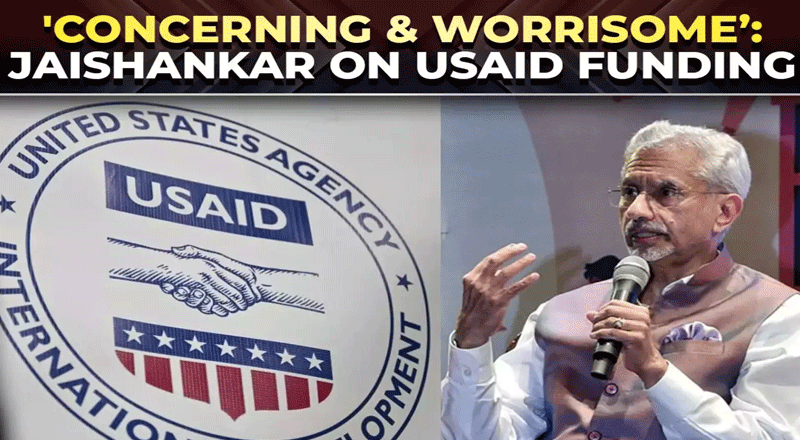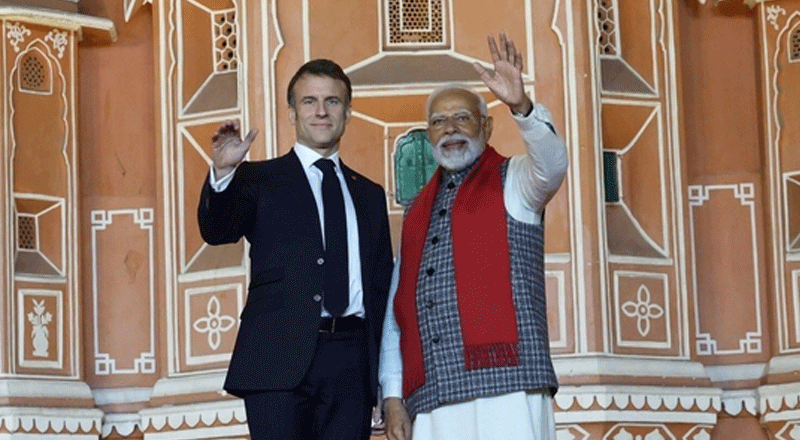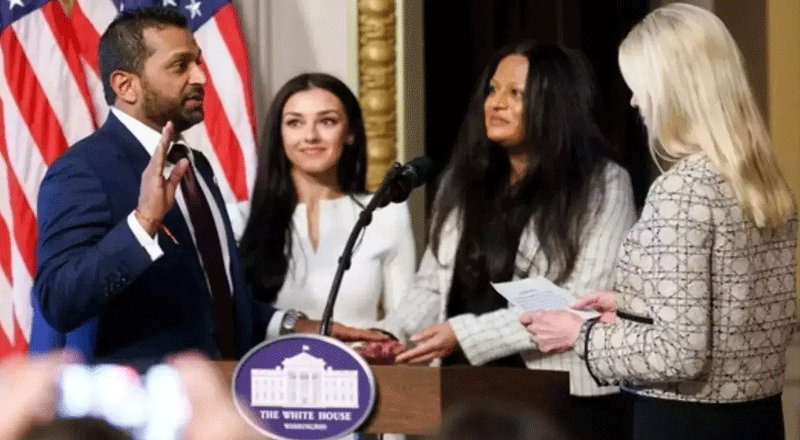Growing Concerns from Saudi Arabia
Saudi Arabia has issued a stern warning to Pakistan, but not over the usual geopolitical or security concerns. This time, the issue at hand is the alarming rise in the number of beggars entering the Kingdom under the guise of religious pilgrimage. Saudi authorities have expressed their frustration to Islamabad, emphasizing that if the situation is not addressed, it could severely impact the experience and reputation of Pakistan’s Umrah and Hajj pilgrims.
In response to these concerns, Pakistan’s Ministry of Religious Affairs is taking action by introducing a ‘Umrah Act.’ This new legislation aims to regulate the travel agencies that facilitate religious trips, bringing them under legal scrutiny to curb the misuse of pilgrimage visas by beggars.
A Repeated Issue
This is not the first time Saudi Arabia has raised the alarm about this issue. Last year, the Kingdom had also warned Pakistan about the rising number of beggars who had entered Saudi Arabia during the Hajj pilgrimage. The persistence of this problem has strained the relationship between the two nations, with Saudi Arabia growing increasingly frustrated at Pakistan’s inability to curb the flow of beggars into the Kingdom.
Pakistan’s Overseas Begging Crisis
The scale of the problem was brought to light during a recent discussion in Pakistan’s Senate Standing Committee on Overseas Pakistanis. According to a report by Dawn, as many as 90 percent of beggars arrested in foreign countries are of Pakistani origin. The Secretary of the Overseas Ministry, Zulfikar Haider, disclosed that beggars now constitute a significant portion of those leaving the country, exploiting pilgrim visas to enter Saudi Arabia, Iran, and Iraq, where they then engage in begging activities.
Haider further revealed that Pakistanis make up a substantial portion of those arrested for petty crimes such as pickpocketing at holy sites, including the Grand Mosque in Mecca. These revelations have prompted Saudi Arabia to take a tougher stance, particularly as the Kingdom faces mounting pressure to ensure the sanctity and security of its holy sites.
Saudi Arabia’s Growing Frustration
Saudi officials have not minced words in expressing their displeasure with Pakistan’s handling of the situation. They have repeatedly urged Islamabad to be more selective in choosing candidates for its Hajj quota, as the majority of beggars arrested on Umrah visas are from Pakistan. Saudi Arabia has even criticized Pakistan’s overseas secretary, Zeeshan Khanzada, for allowing “repeat offenders” to enter the Kingdom, noting that Saudi prisons are overflowing with Pakistani nationals.
The situation has become so dire that Saudi Arabia has begun to question the reliability of Pakistani workers, preferring to rely on laborers from other countries such as India and Bangladesh. This preference shift has had significant implications for Pakistan, which historically has relied on remittances from its overseas workers to support its economy.
Impact on Pakistan’s Reputation
The issue of beggars exploiting pilgrimage visas has not only strained Pakistan’s relations with Saudi Arabia but also with other Gulf nations. The United Arab Emirates (UAE), for instance, extended its visa ban on visitors from Pakistan last December, covering 24 cities. This move is indicative of a broader regional skepticism towards Pakistan, particularly in the context of its ability to manage its labor exports effectively.
The problem has also spurred concerns about human trafficking, with reports emerging that Japan has become a new destination for such activities. This shift in destination highlights the growing desperation among certain segments of Pakistan’s population, who are willing to resort to begging abroad as a means of survival.
A Stark Contrast with India
The crisis in Pakistan stands in stark contrast to the progress made by its neighbor, India. During the Senate discussion, Haider lamented that while India is making strides in space exploration, such as successfully reaching the Moon, Pakistan is grappling with a growing begging crisis. The comparison was further underscored by Pakistan’s former prime minister, Nawaz Sharif, who criticized the country’s economic mismanagement, contrasting it with India’s robust economic growth and its recent hosting of the G20 summit.
Sharif pointed out that while India has followed through on economic reforms initiated in the 1990s, Pakistan has been mired in economic instability. The country’s reliance on international bailouts, such as the $3 billion bailout program from the IMF, has only exacerbated its economic woes, leaving the government struggling to address the basic needs of its population.
The Way Forward for Pakistan
Pakistan’s current predicament underscores the need for urgent reforms, particularly in managing its overseas labor force and addressing the root causes of the begging crisis. The introduction of the ‘Umrah Act’ is a step in the right direction, but more comprehensive measures are needed to restore the country’s reputation and rebuild trust with its Gulf allies.
The crisis has also highlighted the broader challenges facing Pakistan’s economy, which remains heavily reliant on foreign remittances. Without significant reforms and a concerted effort to address issues like human trafficking and economic mismanagement, Pakistan risks further alienating its key partners in the region, with potentially devastating consequences for its economy and international standing.
As Pakistan navigates these challenges, the contrast with India’s success serves as a stark reminder of the consequences of missed opportunities and the urgent need for effective governance and economic reform.
(With inputs from agencies)





